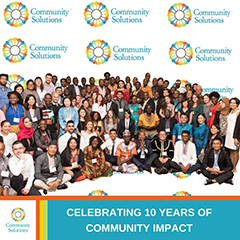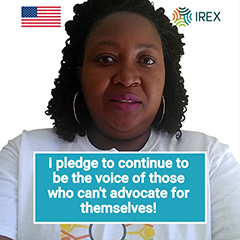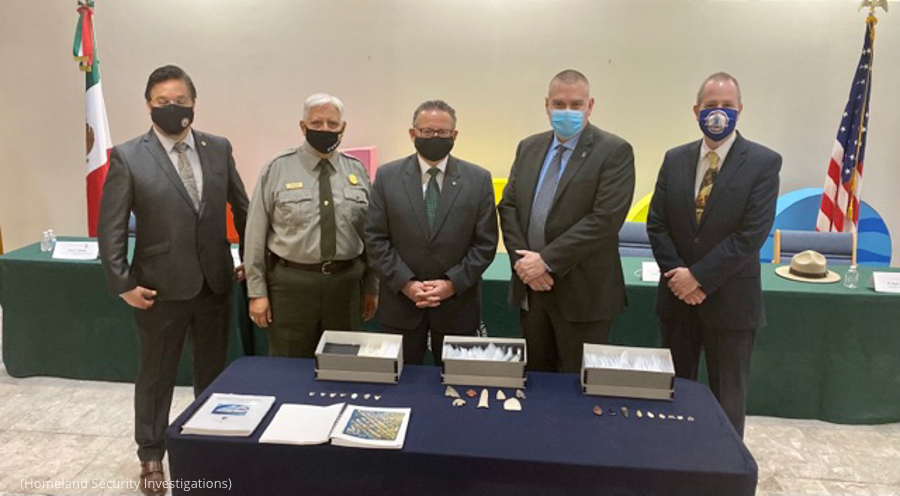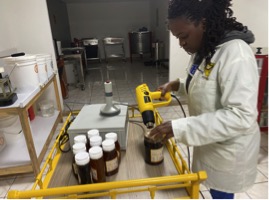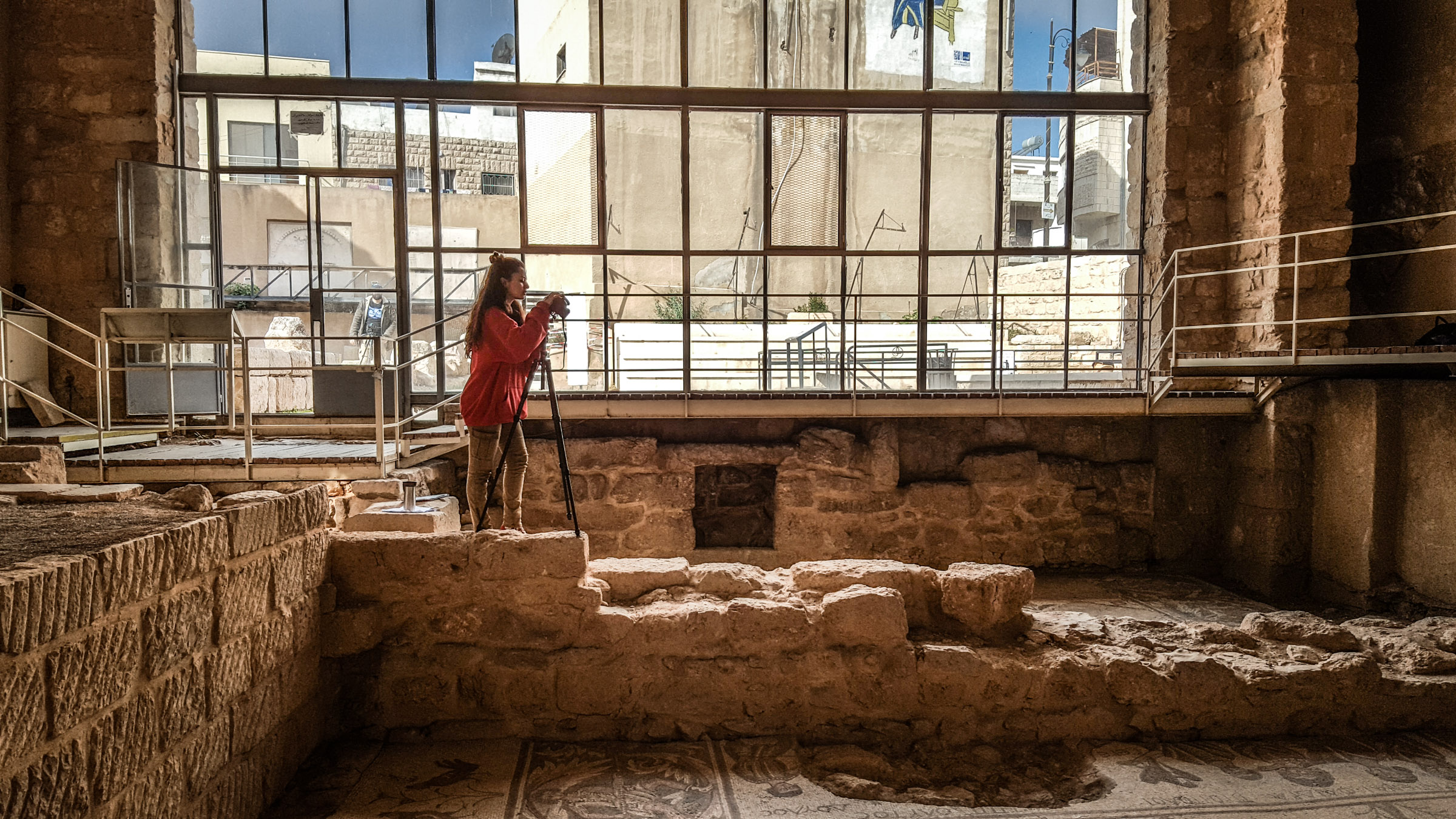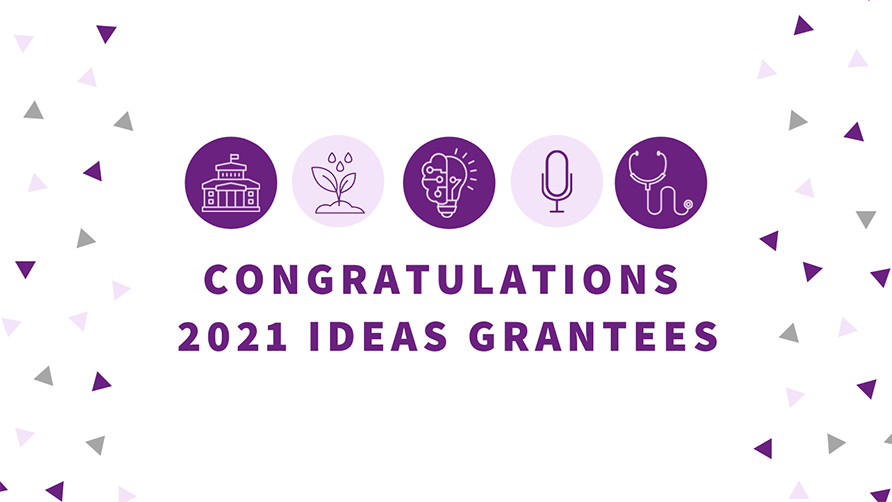https://share.america.gov/us-government-returns-523-artifacts-mexico/
The U.S. government has returned to the Mexican government 523 pre-Hispanic era archaeological pieces a Texas man smuggled into the U.S. and tried to sell.
These are among the 523 pre-Hispanic era artifacts that the U.S. government returned to Mexican officials. (Homeland Security Investigations)
The stolen artifacts include arrowheads, knife blades and tools dating back to a time before the 16th century when Spanish conquistadors colonized large parts of the Western Hemisphere. Some of the items were likely from a civilization in present-day Mexico broadly called the “Coahuila Complex.” The artifacts date from roughly 4500 B.C.E. through 1300 C.E.
Homeland Security Investigations, the principal investigative arm of the Department of Homeland Security, repatriated the artifacts in April during a ceremony at the Mexican consulate in El Paso, Texas. Mexican Consul General Mauricio Ibarra Ponce de León accepted them on behalf of Mexico. Homeland Security Investigations is a member of the Cultural Antiquities Task Force.
“The return of these pre-Hispanic pieces highlights the active cooperative between the governments of Mexico and the United States in the protection of cultural goods, as well as a commitment for historical and cultural legacies to return to their places of origin,” Ibarra Ponce de León said in a statement.
Paul J. Jarrett, of HSI Cultural Property, Art & Antiquities; F. Gus Sánchez, of Chamizal National Memorial; Mauricio Ibarra Ponce de León, of the Mexican Consulate in El Paso, Texas; Erik P. Breitzke, of HSI El Paso; and Eric S. Cohen, of the U.S. Consulate General in Ciudad Juarez, Mexico, pose with recovered artifacts. (Homeland Security Investigations)
The transfer ends a five-year investigation.
Stopping theft of cultural property
Special agents in the HSI office in Alpine, Texas, opened the probe in April 2016 after National Park Service rangers spotted stolen artifacts at Big Bend National Park. The park borders Mexico.
Authorities say Andrew Kowalik, of Texas, coordinated with certain Mexican individuals to smuggle the artifacts to the park. From there, Kowalik would pay the smugglers with money or trade for products, including construction materials and tools. Once he completed a transaction, Kowalik would take the artifacts to his Texas home.
Kowalik attempted to sell the artifacts to an undercover agent for $450,000. After executing a search warrant, authorities seized the artifacts from Kowalik’s home. He was convicted of a single count of smuggling goods into the U.S., a felony, and sentenced to five years of home confinement and probation plus a $10,000 restitution fee that will be placed in a fund that supports law enforcement activities.
Antiquities trafficking is a multibillion dollar, transnational criminal enterprise. Global partnerships have helped the U.S. crack down on the illegal importation of such goods.
“The theft of cultural property and artifacts is not merely a crime, it is an offense against a nation’s history,” said Erik P. Breitzke, special agent in charge of HSI’s El Paso office. “We are committed to working with our law enforcement partners and foreign governments to ensure that individuals do not profit from these criminal acts.”
For more than a century, the National Park Service has preserved and protected natural and cultural resources, deputy director Shawn Benge said in a statement. The joint investigation, he said, “demonstrates our shared mission to preserve history for generations to come.”
About the Cultural Antiquities Task Force
Homeland Security Investigations is a member of the Cultural Antiquities Task Force (CATF). Created by the State Department in 2004 at the direction of Congress, the CATF comprises federal agencies that share a common mission to combat antiquities trafficking in the United States and abroad. Since its creation, the CATF has supported more than 95 domestic and international cultural property training programs. CATF is managed by the State Department’s Cultural Heritage Center.
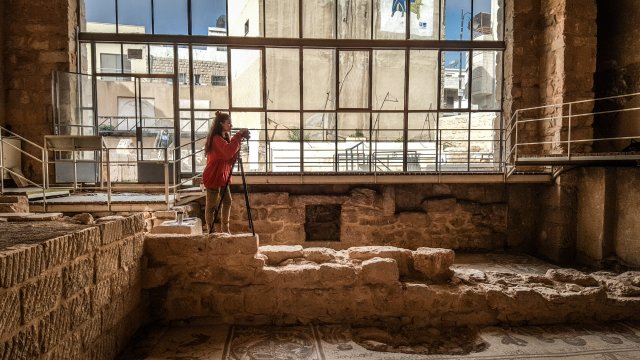 Jude Twal from the American University of Madaba completes photogrammetry of the Hippolytus Hall
Jude Twal from the American University of Madaba completes photogrammetry of the Hippolytus Hall
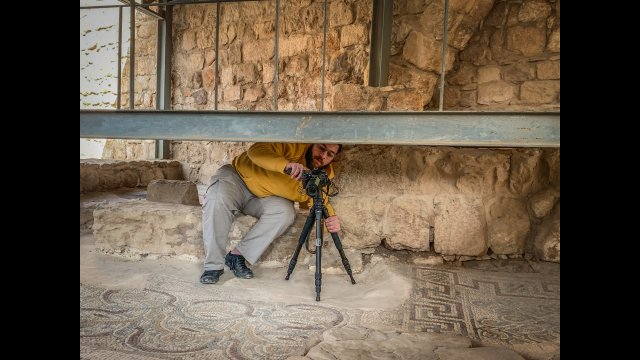 Saif Shahrori from the American University of Madaba completes photogrammetry in Madaba
Saif Shahrori from the American University of Madaba completes photogrammetry in Madaba
 Burnt Palace
Burnt Palace
 Hippolytus Hall and Virgin Mary Church
Hippolytus Hall and Virgin Mary Church
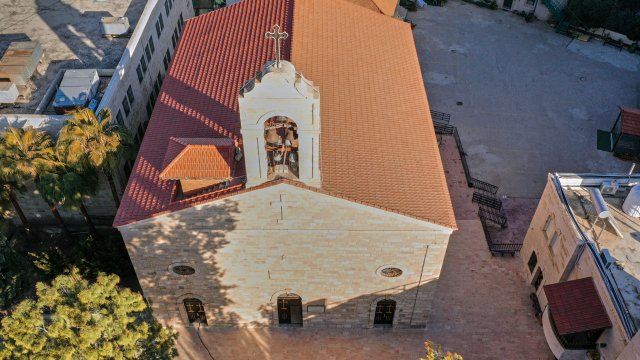 St. George’s Church
St. George’s Church

